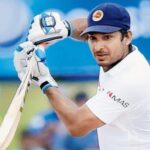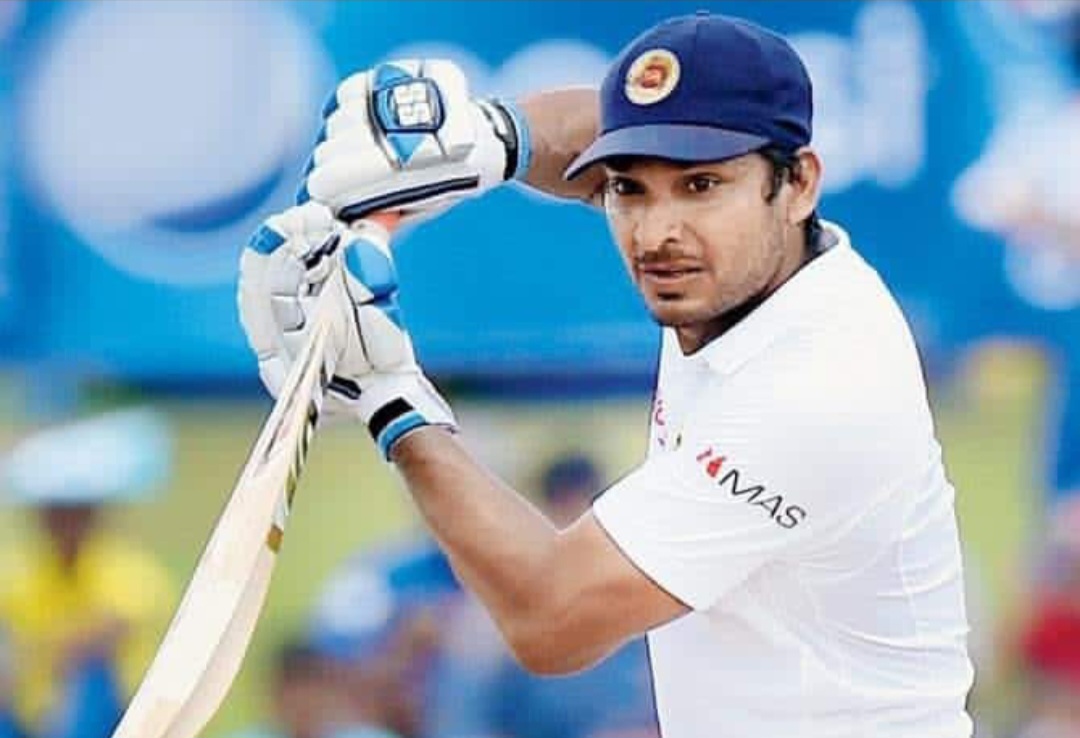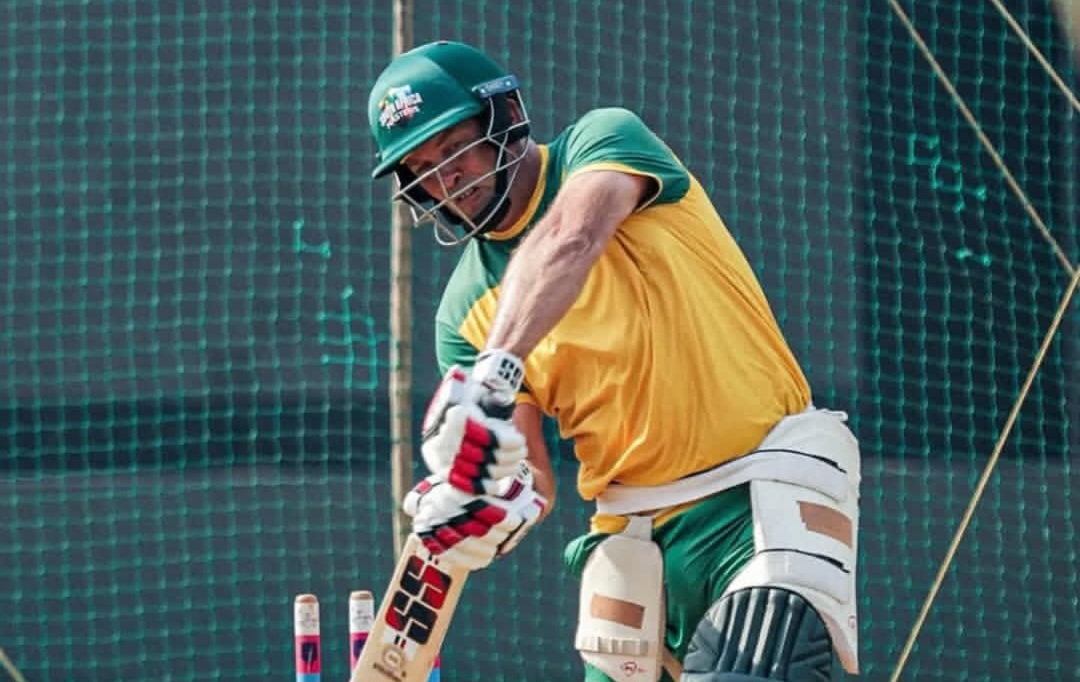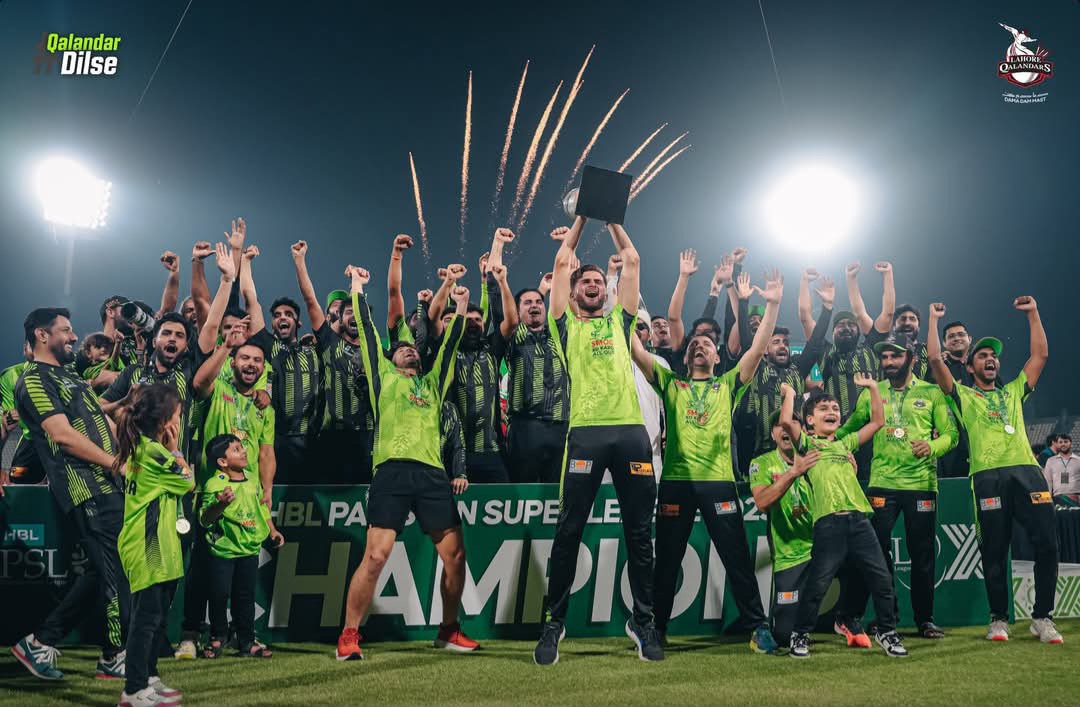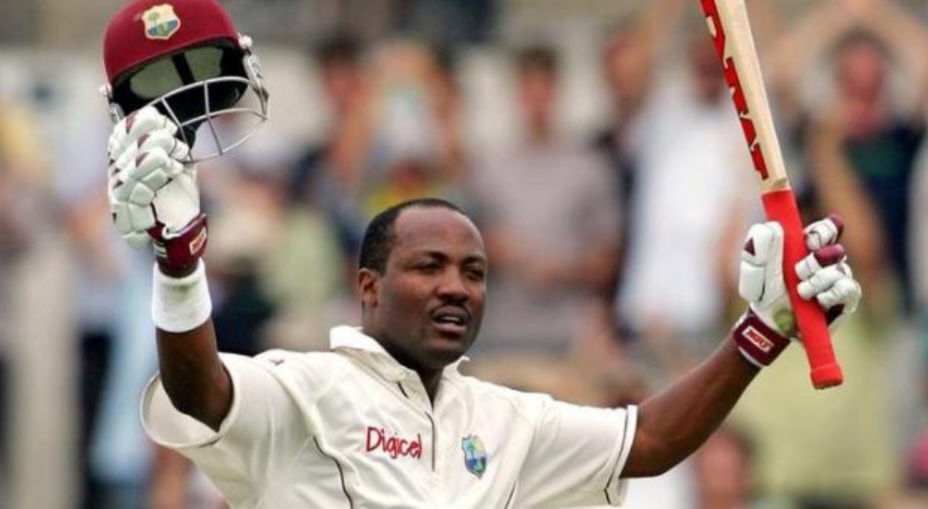The History of the Pakistan Cricket Team: A Journey of Triumphs and Challenges
Cricket has been an integral part of Pakistan’s sporting culture since its inception. The Pakistan Cricket Team, often called the Green Shirts due to their iconic green uniforms, has seen tremendous success as well as challenging periods. In this blog, we’ll take a look at the history of the Pakistan cricket team, their remarkable achievements, legendary players, and the moments that have shaped the team’s legacy in the world of cricket.
The Early Days (1947–1950s)
Cricket in Pakistan began almost immediately after the country’s creation in 1947. The Pakistan national cricket team played its first-ever match against India in 1952, a rivalry that would go on to become one of the most intense and historic in the world. In their early years, the team struggled to find stability, with key players like Imran Khan and Hanif Mohammad emerging as pioneers of the team. These players laid the foundation for Pakistan’s future successes.
The Rise of Pakistan Cricket (1960s–1970s)
The 1960s and 1970s marked a period of rapid development for Pakistan cricket. In 1962, Pakistan played their first Test match against England and began establishing their presence on the international stage. This era saw the emergence of Fazal Mahmood, Javed Miandad, and Wasim Akram, who would go on to become cricketing legends.
In 1971, Pakistan achieved a significant milestone by securing their first Test series victory against New Zealand. This victory was a testament to the growing strength of Pakistan cricket, with key players such as Asif Iqbal and Majid Khan stepping up on the world stage.
The Golden Era (1980s–1990s)
The 1980s and 1990s were undoubtedly the golden era for the Pakistan cricket team. Under the captaincy of Imran Khan, Pakistan won its first-ever Cricket World Cup in 1992. This win was a momentous occasion, not just for the team but for the entire nation. Pakistan’s triumph in the 1992 Cricket World Cup is etched in history as one of the sport’s greatest underdog victories.
The 1990s also saw the rise of other cricketing legends, including Wasim Akram, Waqar Younis, Shahid Afridi, and Inzamam-ul-Haq. These players contributed to Pakistan’s success in both Test and One-Day International (ODI) formats. Pakistan also won the Sharjah Cup in 1994, further cementing its position as a formidable team in world cricket.
Challenges and Resilience (2000s)
While the Pakistan cricket team continued to produce world-class talent in the 2000s, they also faced several challenges. The 2000s witnessed political interference, internal conflicts, and inconsistent performances on the field. Pakistan’s cricket faced a major setback with the match-fixing scandal of 2000, which led to bans for players like Salman Butt, Mohammad Asif, and Mohammad Amir. However, with the return of Shahid Afridi, Younis Khan, and other stalwarts, Pakistan rebounded from these setbacks.
The team’s resilience was evident in 2009 when Pakistan won the ICC T20 World Cup, defeating Sri Lanka in the final. This victory marked a turning point, as it showed that Pakistan could still rise to the occasion despite the challenges faced in the previous decade.
A New Era and Consistency (2010s–Present)
The 2010s began with challenges for Pakistan cricket, including fluctuating performances in international cricket. However, in 2017, Pakistan made a remarkable comeback by winning the ICC Champions Trophy under the leadership of Sarfaraz Ahmed. The team’s victory in this tournament was a clear indication of the team’s strength and ability to rise to the occasion when it mattered the most.
Key players during this era included Babar Azam, Shaheen Shah Afridi, Mohammad Amir, and Fakhar Zaman, all of whom played pivotal roles in the team’s success. In the same decade, Pakistan continued to be a formidable force in T20 cricket, maintaining strong performances in the ICC T20 rankings.
Key Players in Pakistan’s History
- Imran Khan: The captain who led Pakistan to its first World Cup victory in 1992, Imran Khan is widely regarded as one of the greatest cricketers and captains in the history of Pakistan cricket.
- Wasim Akram: Known as the King of Swing, Akram was a maestro with the ball and one of the best fast bowlers in cricket history.
- Javed Miandad: A legendary batsman known for his aggressive style and match-winning knocks, Miandad’s career spanned over 20 years, making him one of Pakistan’s most consistent performers.
- Shahid Afridi: Known for his explosive batting and charisma, Afridi is one of the most beloved cricketers in Pakistan. His career was marked by thrilling performances with both bat and ball.
- Babar Azam: The modern-day star, Babar Azam is considered one of the best contemporary batsmen in the world, taking the reins of Pakistan cricket’s batting department with consistency.
Challenges and Controversies
While Pakistan cricket has witnessed numerous highs, it has also been plagued by controversies and challenges. The match-fixing scandal of 2000 cast a dark shadow over the team, and the sport has also struggled with internal politics and inconsistent management. These issues have often led to periods of instability, but Pakistan cricket has always managed to bounce back, thanks to the resilience of its players and the passionate support of its fans.
Conclusion: The Legacy of Pakistan Cricket
The history of the Pakistan Cricket Team is a story of triumphs, setbacks, and comebacks. From its early days of struggle to becoming World Cup champions, the team has always displayed a unique blend of talent, passion, and unpredictability. Pakistan’s cricketing journey is a testament to the resilience and spirit of a nation that continues to support its team through thick and thin.
As we look forward, Pakistan cricket has a bright future with emerging talents like Shaheen Shah Afridi and Babar Azam, who are expected to continue the legacy and lead Pakistan to new heights. Whether it’s Test cricket, One-Day Internationals, or T20 cricket, the Pakistan Cricket Team’s journey is far from over, and fans around the world are excited to witness what’s next for this historic team.

